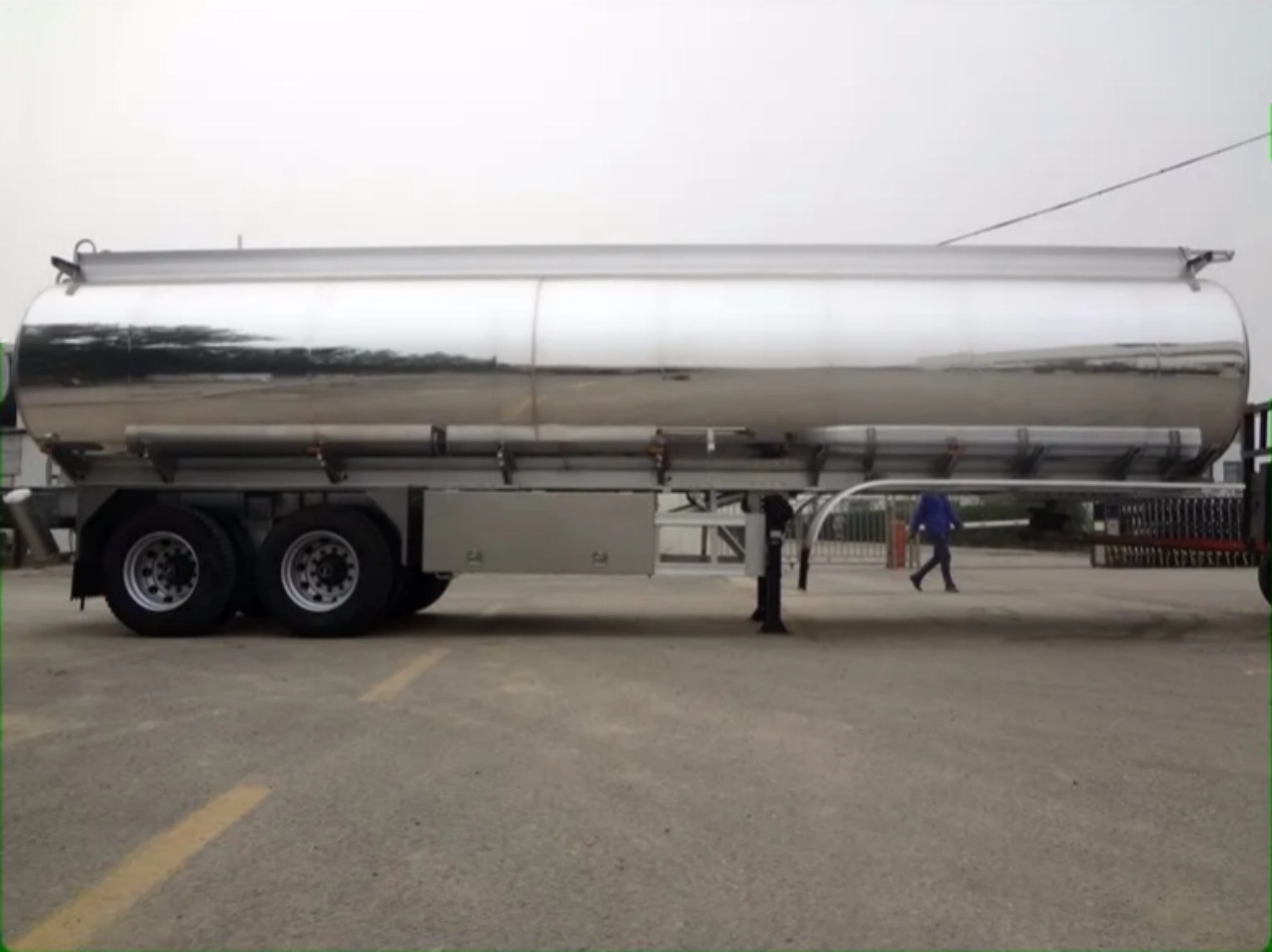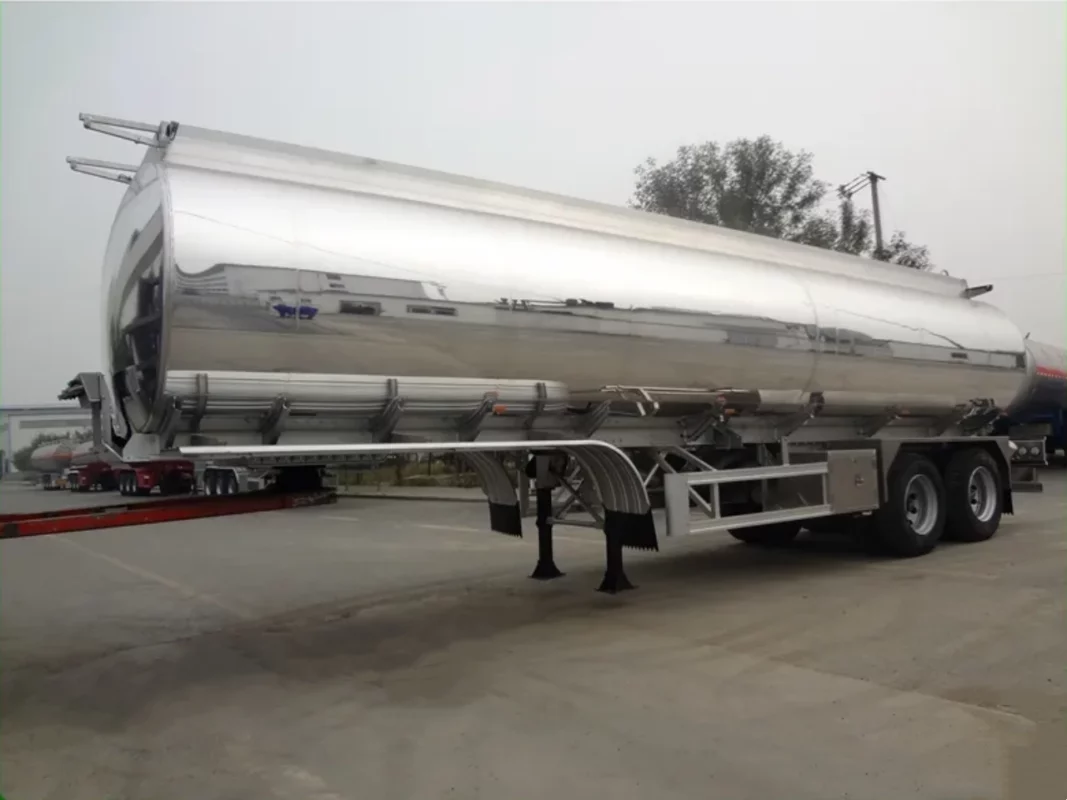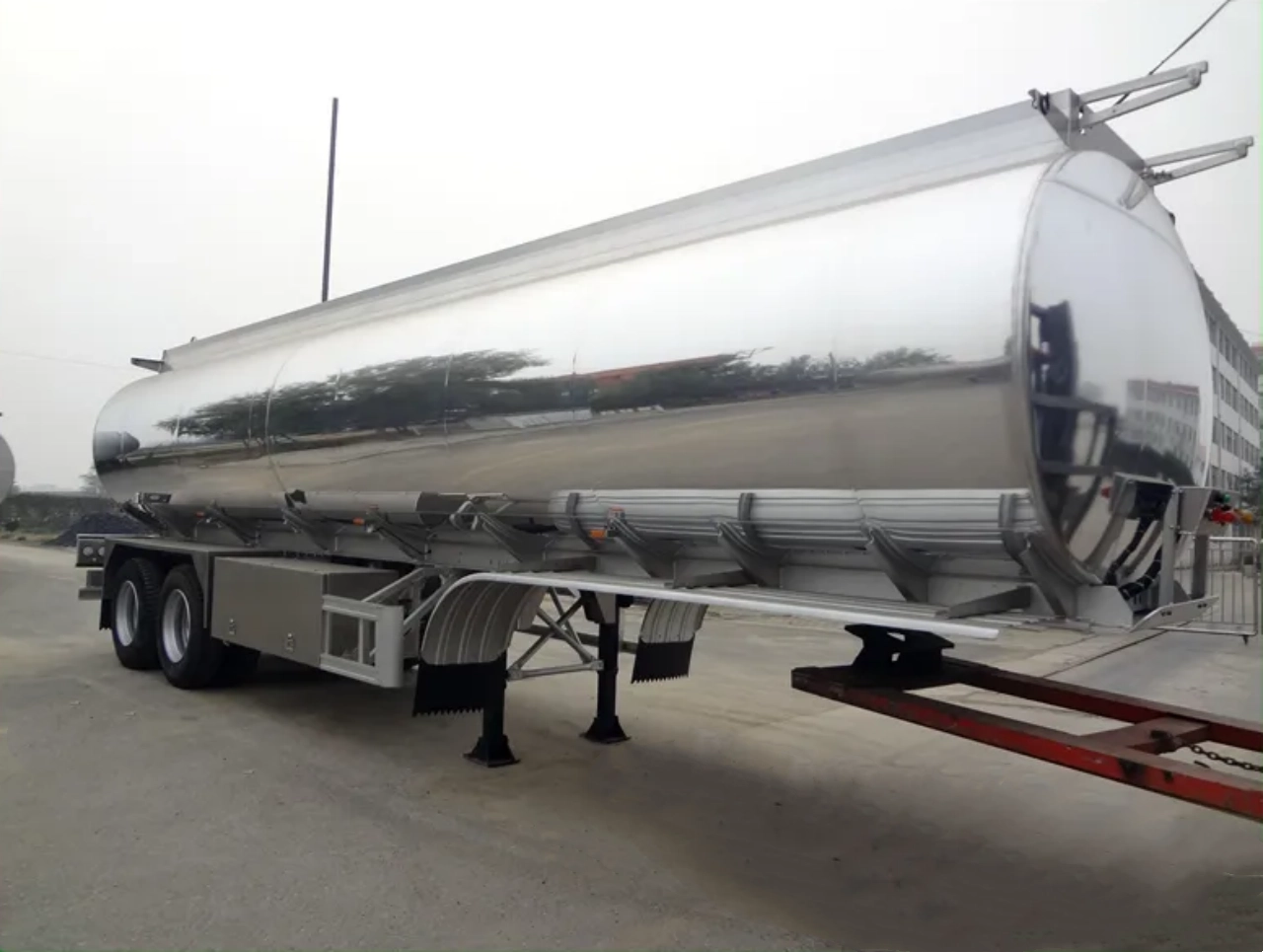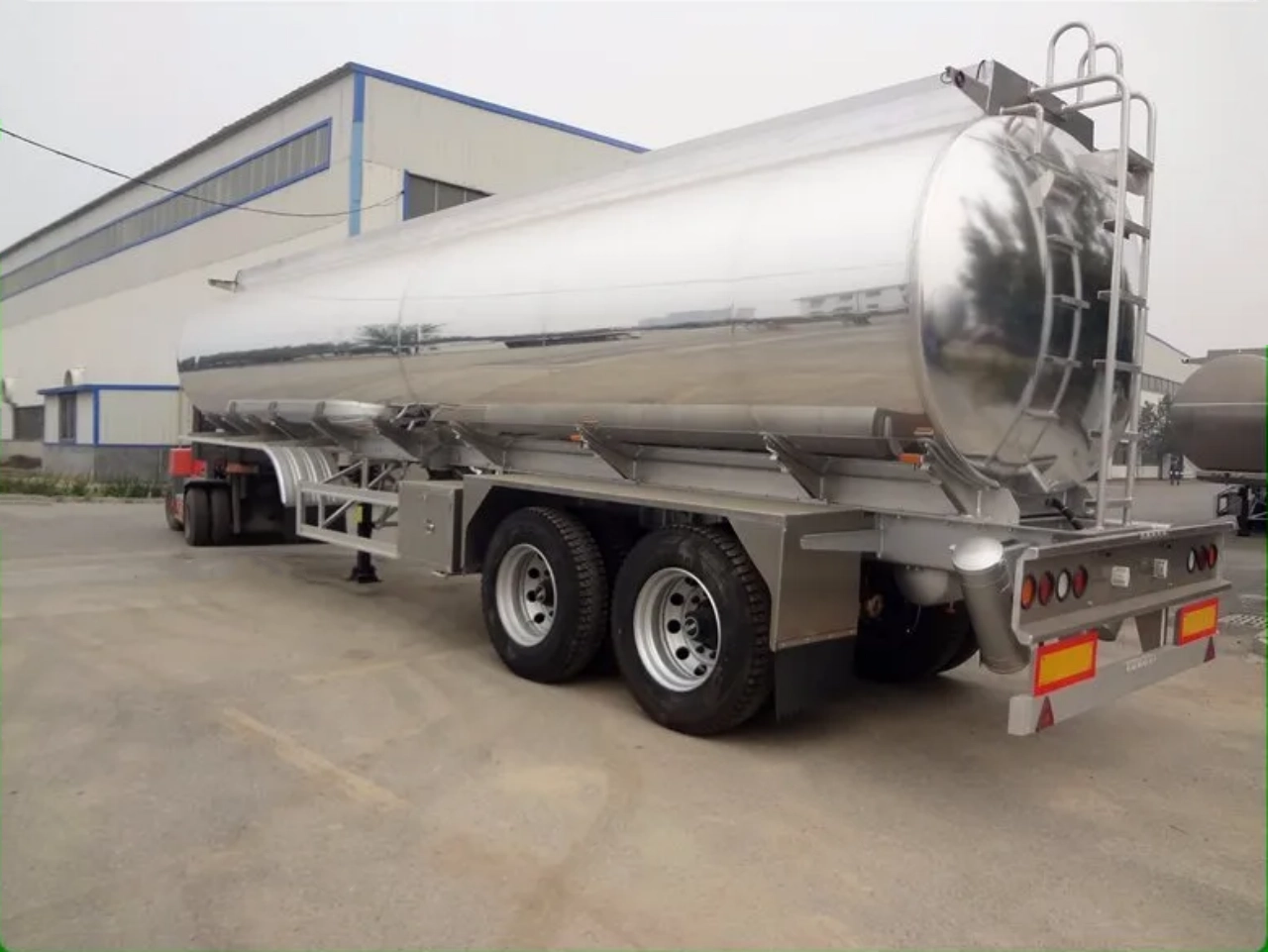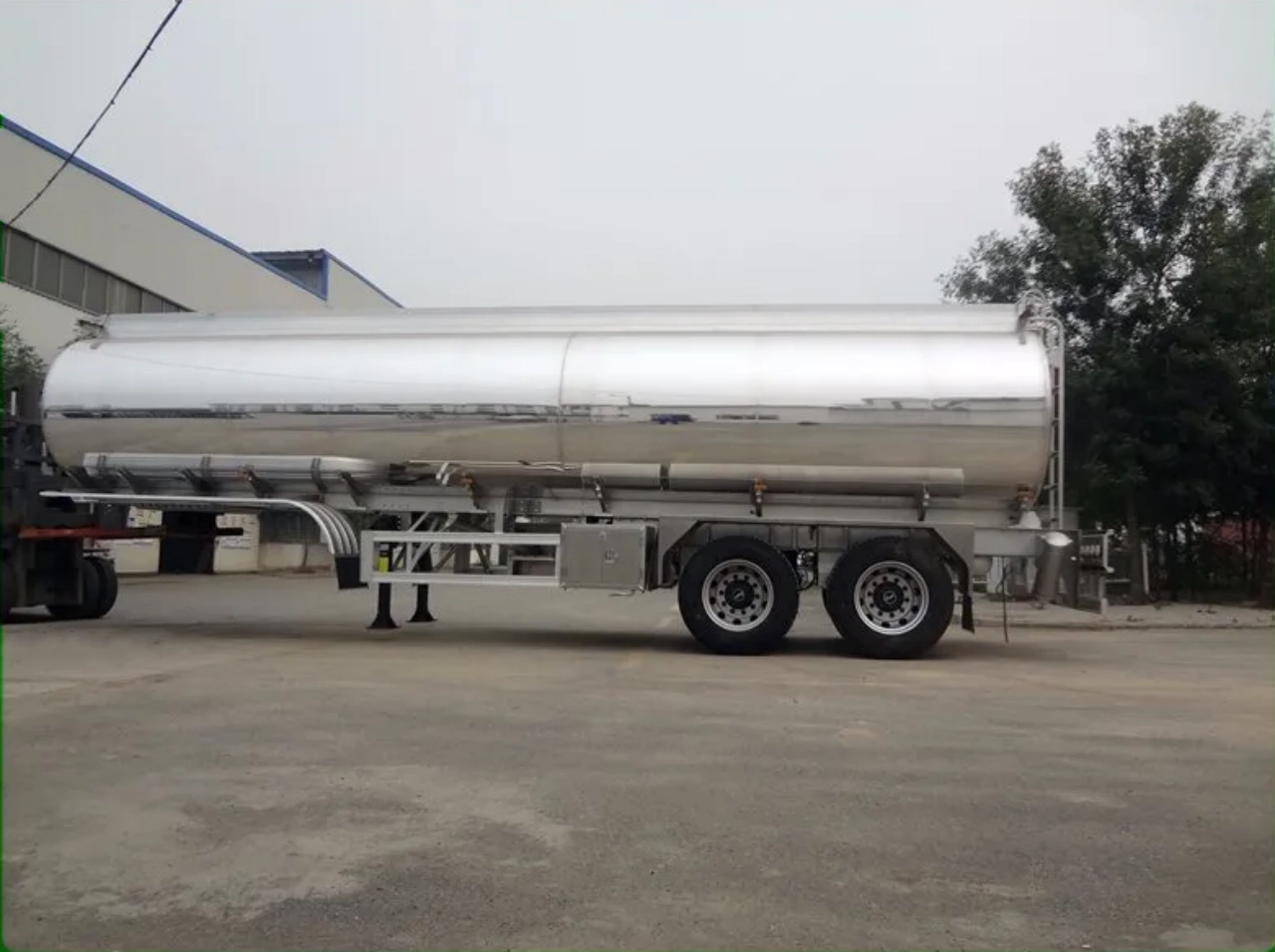When navigating the world of commercial transport, the terms used to describe various types of trucks can become confusing, especially for those not intimately familiar with logistics or freight hauling. A common question that arises is: “Is a tanker a tractor trailer?” The answer is both yes and no, depending on how one defines each term. This article will delve into the definitions, differences, similarities, and functional roles of both tankers and tractor-trailers to provide a comprehensive understanding of their relationship.
Understanding the Terms
Tanker
A tanker, in the context of road transport, refers to a truck or trailer designed specifically for the transportation of liquid or gaseous commodities. These materials might include fuels (like gasoline and diesel), chemicals, water, milk, industrial oils, or even dry bulk materials such as cement (in pneumatic tankers). Tankers are specially built to contain, preserve, and safely deliver hazardous or non-hazardous substances. They are typically cylindrical, made of stainless steel, aluminum, or carbon steel, and may be insulated, pressurized, or compartmentalized depending on the product being hauled.
Tractor Trailer
A tractor trailer is a combination of 2 major components:
- The tractor, also known as the prime mover or truck head, contains the engine and driver’s cab.
- The trailer which is the cargo-carrying unit attached to the tractor.
Tractor trailers are a fundamental part of the freight transport industry, and they come in numerous configurations and styles based on the nature of the load. This includes flatbeds, dry vans, refrigerated trailers, and—most relevant to this discussion—tank trailers.
So, Is a Tanker a Tractor Trailer?
Yes, a tanker can be a tractor trailer, but not all tankers are, and not all tractor trailers are tankers. When a tanker is built as a semi-trailer and hauled by a separate tractor unit, it qualifies as a tanker-style tractor trailer.
For example, a gasoline tanker that you might see delivering fuel to a gas station is a type of tractor trailer. The tanker trailer is attached to a tractor unit and is used to haul a specific kind of cargo—liquid fuel.
However, not all tankers are part of a tractor trailer configuration. Some are rigid-body trucks, meaning the tank is mounted directly on the truck’s chassis. These are often used for shorter distances, lighter loads, or specialty tasks like milk collection from farms or septic services.
Key Differences Between Tankers and Standard Trailers
- Cargo Type and Handling
- Tankers are specialized for transporting liquids, gases, or dry bulk materials.
- Standard trailers (like dry vans or flatbeds) carry general freight, palletized goods, or non-liquid items.
- Design and Construction
- Tank trailers are cylindrical, often pressurized or insulated, and feature complex loading/unloading systems.
- Standard trailers are usually rectangular, with doors for easy loading/unloading via forklifts or pallet jacks.
- Regulatory and Safety Requirements
- Tankers must adhere to strict regulations concerning hazardous material transport, spill containment, pressure ratings, and emergency shutoffs.
- While all commercial transport vehicles face regulatory oversight, standard trailers typically have fewer complex requirements.
- Driver Certification
- Operating a tanker carrying hazardous materials requires additional endorsements on a commercial driver’s license (CDL), such as the Tanker (N) and Hazardous Materials (H) endorsements.
- Standard tractor trailer drivers do not need these specific endorsements unless they haul regulated cargo.
Similarities Between Tankers and Tractor Trailers
Despite their differences, tankers and other types of tractor trailers share core characteristics:
- Modular Structure: Both rely on a tractor to pull a trailer, making them semi-trailers.
- Heavy-Duty Design: Built for long-haul transport, both types of vehicles are designed to withstand rigorous use and road conditions.
- Intermodal Use: Many tankers can be transported via ship or train if built to ISO tank container standards, just like intermodal container trailers.
- Fleet Integration: Tankers and standard trailers are integrated into commercial fleets using similar maintenance, tracking, and dispatching systems.
Types of Tanker Trailers
Tanker trailers themselves come in a variety of types tailored to specific needs:
- Fuel Tankers: Used for transporting petroleum products; often have multiple compartments.
- Chemical Tankers: Designed for corrosive or reactive substances, built with stainless steel or lined interiors.
- Food-Grade Tankers: Built with hygienic materials to carry milk, juice, or edible oils; may include heating systems.
- Dry Bulk Tankers: Pneumatic trailers used for cement, sand, flour, and other powdered or granular materials.
Real-World Applications
Understanding the distinction and overlap between tankers and tractor trailers has practical implications. Logistics managers, for instance, need to choose the right vehicle for a job based on cargo type, distance, road regulations, and unloading requirements.
In urban areas, you might see straight-body tankers servicing retail locations with water or propane. On highways, long-haul tankers often carry fuels, chemicals, or milk between processing centers and distribution facilities—usually as part of a tractor trailer setup.
For emergency services, tanker trailers may be deployed as mobile water sources in wildfire operations. The versatility of the tractor trailer format allows for quick detachment and reattachment of different trailer types based on need.
Conclusion
To directly answer the question: Yes, a tanker can be a tractor trailer—but not all tankers are, and not all tractor trailers are tankers. The term “tanker” refers to the type of cargo container and its purpose, while “tractor trailer” describes the configuration of the vehicle combination.
Understanding this relationship is crucial for professionals in logistics, transportation, and emergency services, as well as for anyone seeking clarity on commercial vehicle terminology. Whether you’re observing trucks on the road or planning freight logistics, recognizing the distinction and overlap between these terms can help demystify the world of heavy-duty transportation.
